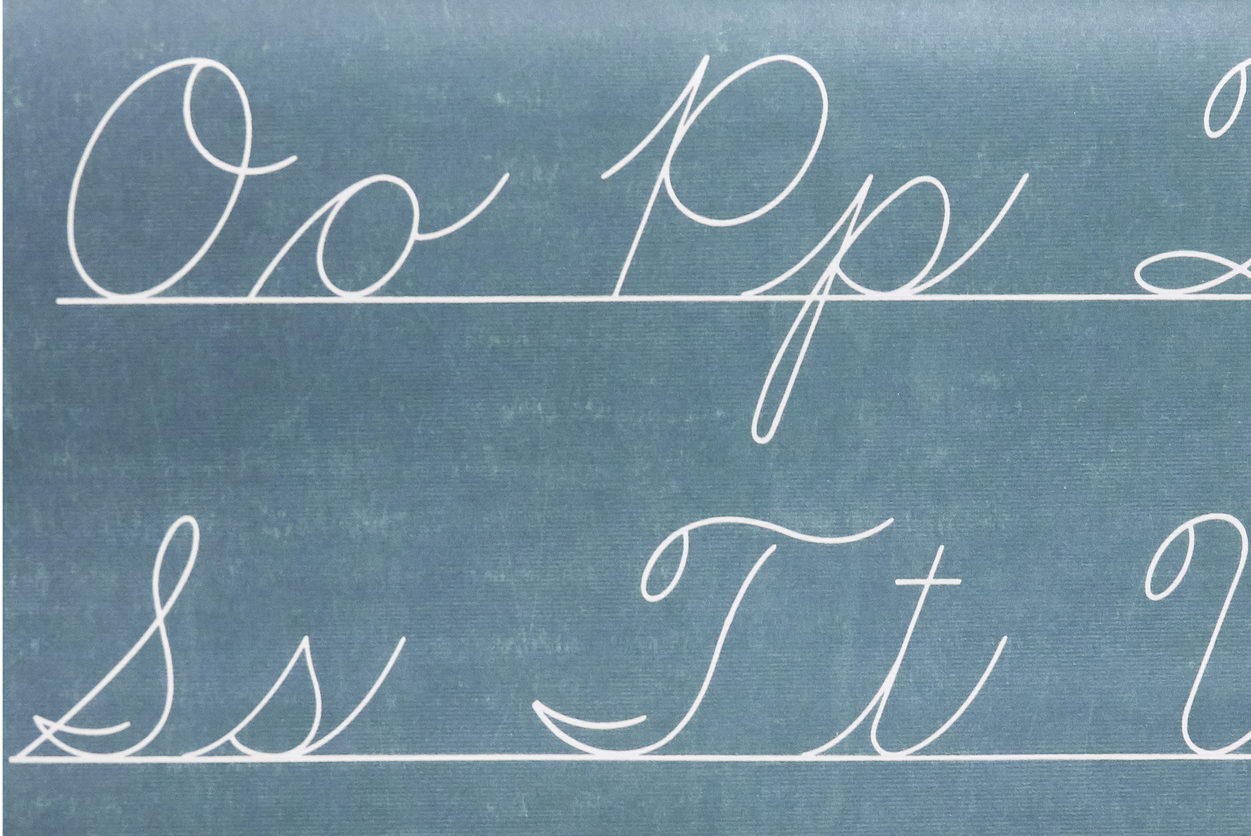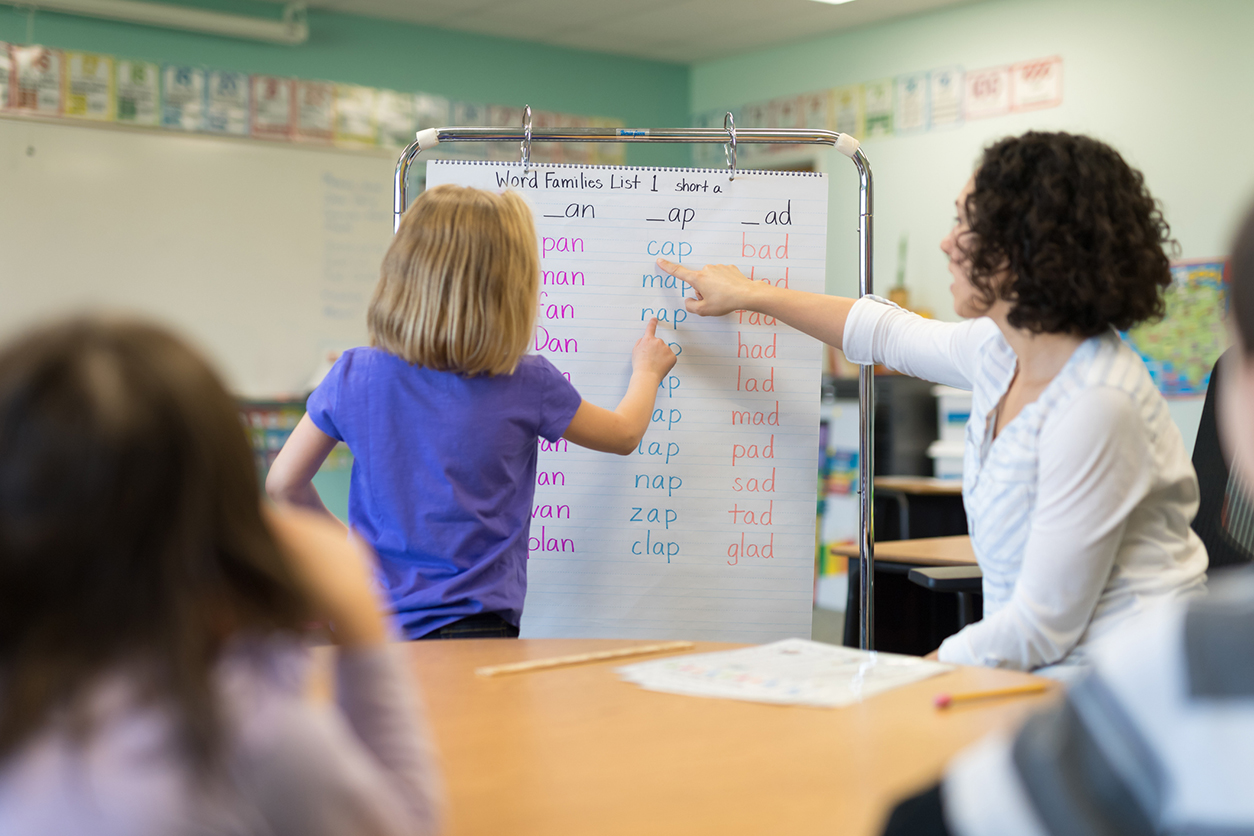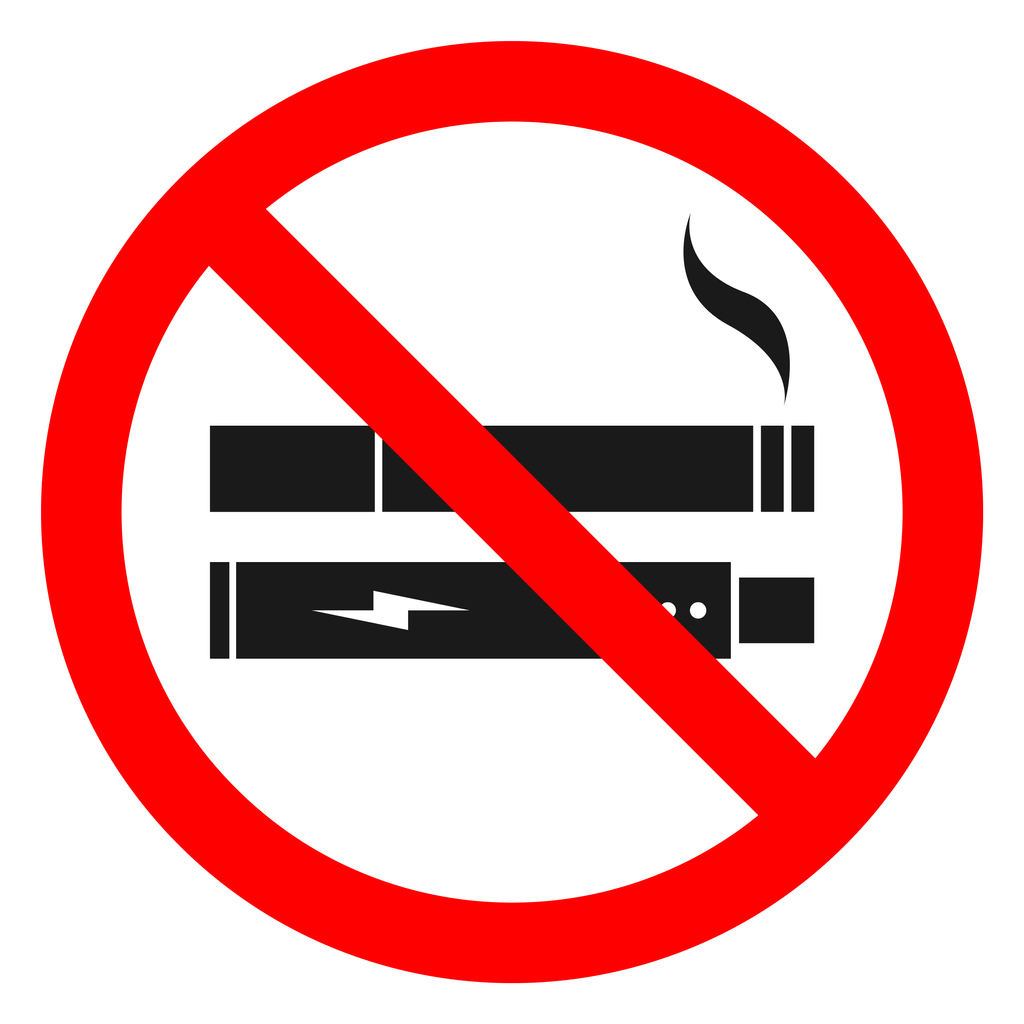When’s the last time you saw your kid’s face? Not a silhouette or a partial view—but a full-on, forehead-to-chin, look-‘em-in-the-eye view? If you’re trying to remember the last time, this is probably the answer: It was just before you let them use your phone or tablet for the first time.
Everyone is probably weary of seeing ads for the presidential candidates and hearing the latest poll results. It seems like it’s been going on for years, and that’s because it has. One election is barely over when campaigning starts for the next election.
Parenting is a full-time job, which makes it difficult since most parents already have full-time jobs. Parents have a lot on their plate, so having to add one more thing is probably not welcome news, but did you know that every parent should be preparing their elementary school student for college and a career?
This blog is old school—literally, old school. If you’re above a certain age, you’ll remember seeing this, usually stretched out above the blackboard, in grade school:
The ability to communicate clearly is one of the most important skills a human can learn. Have you ever judged a person based solely on the way they talk or the words they use? It’s unfair and inaccurate, and yet we subconsciously do it all the time. The way we speak reveals nothing about our intelligence, kindness, ethics, virtue, or says anything about the skills we may possess; and yet, if one is being interviewed for a job, an interviewer may choose one candidate over another based upon the way the applicants speak and the words they use.
If you, as a parent, have difficulty with math, you’re not alone. The U.S. ranks behind 38 other countries when it comes to math skills. A national survey found that 82 percent of adults couldn’t calculate the cost of carpeting when given its dimensions and price per square yard. (If you’re curious, it’s length times width in feet, which gives the square footage, divided by 9—which is the number of square yards—times the price per square yard.)
When in April the sweet showers fall
And pierce the drought of March to the root, and all
The veins are bathed in liquor of such power
As brings about the engendering of the flower.
There are probably many older people who have no videos of themselves growing up. That’s because, at one time, video cameras—which were called movie cameras since video was not commercially available—were fairly expensive, bulky, and a rarity for the average person. Plus, you had to buy reels of film, take that film somewhere to be developed, and then buy a projector and screen to watch the movies you’d taken. Not to mention that most movie cameras didn’t record sound, so home movies were usually silent, and they were often in black and white.
February 14: Valentine’s Day
Each year, we give and receive cards on Valentine’s Day and see the heart-shaped boxes of candy in stores, but where did these traditions come from? Who was Saint Valentine and why do we devote a day to him?
January is a time of opportunity, especially for students. It’s not only the start of a new year, but also the start of the second half of the school year. As students begin the academic year’s second half, those who may have had challenges in getting good grades during the first two quarters, have the time and the opportunity to end the school year on a high note.
It’s common to think that the days get shorter in the winter, but the opposite is true. The shortest day of the year is the first day of winter, after which the days get progressively longer.
On the third Thursday of every November, smokers around the nation come together to take part in the American Cancer Society Great American Smokeout. This event challenges smokers to quit using tobacco products and provides them with resources to stay away. Tobacco use is the single largest preventable cause of disease and premature death in the world, which is why the Great American Smokeout remains an important event.














